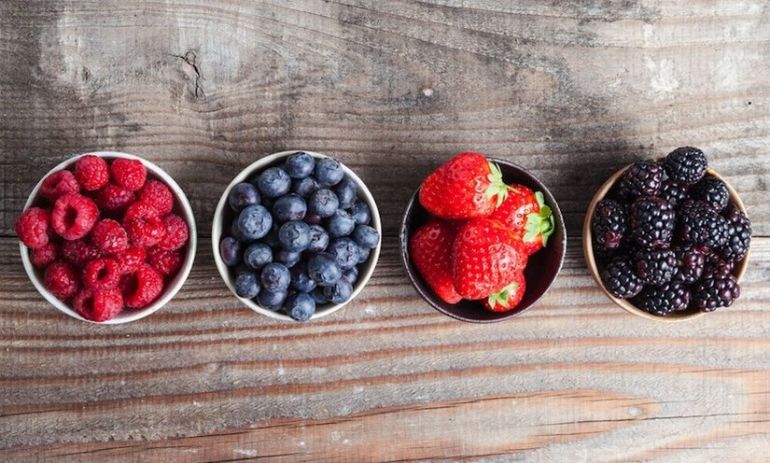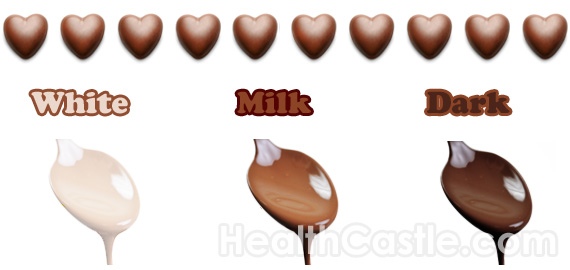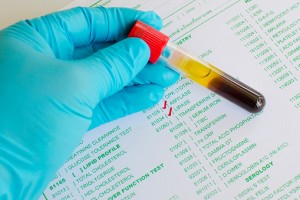Do You Lose More Fat Working Out On an Empty Stomach?
You've heard it before: "Eat your breakfast." Should you eat in the morning? And what if your goal is weight loss? How does breakfast affect your ability to burn fat at the gym?
The fitness world is rife with fitness myths. Some of these seem to make sense and may be based upon an incomplete understanding of the human body and metabolism while others outright ridiculous. This article will look at one such myth, whether one should eat prior to morning workouts.
The Myth: Working out first thing in the morning on an empty stomach will maximize fat burning, since muscle glycogen (stored carbohydrate) is low.
We'll start by looking at the rationale behind this plan of attack. Eight to 12 hours may pass between dinner or an evening snack until waking. While this is going on, your body is still burning calories to fuel itself, but you're not taking in any energy in the form of calories. When you awaken, your body is in a "fasting metabolic state". In other words, it has entered an energy-conserving mode (slowed metabolism) and is using body fat stores as the primary energy source due to the decreased level of muscle and liver glycogen.
Eating begins to bump up your metabolism thus breaks this fasting state (hence the word used to describe the morning meal, "break- fast"). The myth states that since glycogen, a preferred fuel source for muscles, is low, the body will use its fat stores to a greater degree. So far the myth appears to make sense.
There are a couple related myths that tie into this idea, and it is worth looking at them first, as they are often used to build the flawed case for the topic of this article:
Low intensity exercise uses more fat than high intensity exercise. As a percentage of calories burned, yes...this is true. But the total calorie burn per minute is low. At rest you are burning the greatest percentage of calories from fat. As soon as you pick up the pace, CHO (carbohydrate) begins to make a greater contribution. Knowing this, does walking lead to more fat loss than running stairs for the same allotted time? No. At higher intensities, even though the percentage of fat used is lower, the total calorie burn and daily fat burn will be higher. Higher intensity exercise is associated with an increased calorie and fat burn for many hours after the session. This is called exercise post oxygen consumption (EPOC).
Food eaten in the evening will end up as fat on your body. If that were the case, then if you ate nothing all day but one apple before bed, it would turn to fat and you would gain weight. There is no enzyme in the body that is time sensitive and forces calories eaten after 7 pm to be stored as fat. If you consume fewer calories than you burn, you could set your alarm for 1 am, get up and eat a meal, go back to bed and still lose weight. As long as you maintain a calorie deficit, you will decrease fat stores and lose weight.
Let's get back to the initial topic of maximizing calorie burning with exercise to increase weight loss. Performing high-intensity cardiovascular exercise has the most significant contribution to calorie burn. Higher intensity aerobic exercise allows you to burn off up to twice as many calories (and twice as much fat) as lower intensity cardio exercise. Plus you have the benefit of EPOC (the increased calorie burning after intense exercise).
There is an old saying that "fat burns in a carbohydrate flame". In other words, the body needs glucose (from carbohydrates) to prime the fat burning processes. With less than adequate glucose available to keep the machinery running, exercise intensity (and therefore calories burned) can't be maximized. A clear example of this is when an endurance athlete "hits the wall". Their performance suffers or ceases not because they ran out of fat stores, but due to a lack of glucose to keep fat burning efficiently.
So, here it is: if you do not eat before you train/exercise, you decrease your body's ability to maximize fat burning. And NOT just because your workout wasn't as good as it could have been if you had more energy, but because you end up burning fewer calories all day. Why do performance athletes eat their biggest meal before training and consume a pre-workout snack? So their energy systems are full, allowing them to train at maximum intensities. Ultimately they will end up burning more calories all day (during the session and the subsequent recovery process) when compared to a less energized workout. Imagine being fully energized when you train or exercise and many more calories you will burn!!!
Weight/fat loss is determined by your daily caloric deficit
Exercise itself does not burn a great amount of fat no matter how long the activity. It is the contribution of exercise to a person's total daily energy expenditure (TDEE), including the intensity, that affects fat loss. Working out increases the amount of calories your body needs daily; provided you don't take in more calories than you burn off through exercise, your body will use its stored fat for energy - meaning that you'll lose fat.
If you break the fast before you go to the gym, the body has the potential to perform better, enhance recovery and burn more calories. The higher the intensity of your workout (which you can now perform thanks to having filled your energy stores with a pre-workout snack), the more calories from fat you will use throughout the day in order to fill your energy deficit. The energy or calorie deficit, not the workout or when you eat, determines how much weight/fat you lose.
Make sure you don't add calories - just time them properly
We're not suggesting you add calories to your daily intake. Simply adjust the way you distribute your calories throughout the day. Spacing meals properly has added benefits, such as using more calories to digest each meal (after a meal the body has work to do in digesting and absorbing food), and a steady stream of nutrition (enhancing recovery and energy) as well as controlling hunger. Your first meal of the day breaks the fast and "fires up" the metabolism, so the sooner you do this, the better.
Copyright (c) 2009 Neal Spruce
-
How To Effectively Find The Best Healthy Weight Loss Program
Everyone knows the health risks associated with obesity or excessive w
-
Tips for Burning Stored Body Fat
Any amount of food you eat that isn’t burned off is stored as bo
-
Which one will give me my “sexy” back?
I wish I could have a dime for every time I get asked this question! B
-
The Dieters Miracle Diet
Dieters want fast results, so theres been a succession of strange a
-
Dropping Your Christmas Belly At Home
In the event youve packed on a bit of we
-
Most Effective Type Of Weight Loss Programs
There are many weight loss programs for people to lose weight. But th
- DON'T MISS
- The Right Way To Drink Green Tea For Weight Loss
- Banana Diet - One Of The Simplest Ways To Lose Weight If You Do It Right
- Dieters What Gift Will You Give Yourself
- Why All of Your Calcium Information is Wrong
- The Effects of Diet and Exercise on Osteoporosis
- How Is Fast Weight Loss Harmful And What To Do About It?
- What To Consider Once Finding A Weight Loss Facility
- Weight Loss Health Tips Revealed Can I Be Fit And Fat
- Weight Loss Myth? Skipping Meals is a Good Way to Lose Weight
- How to Lose Weight Easy




